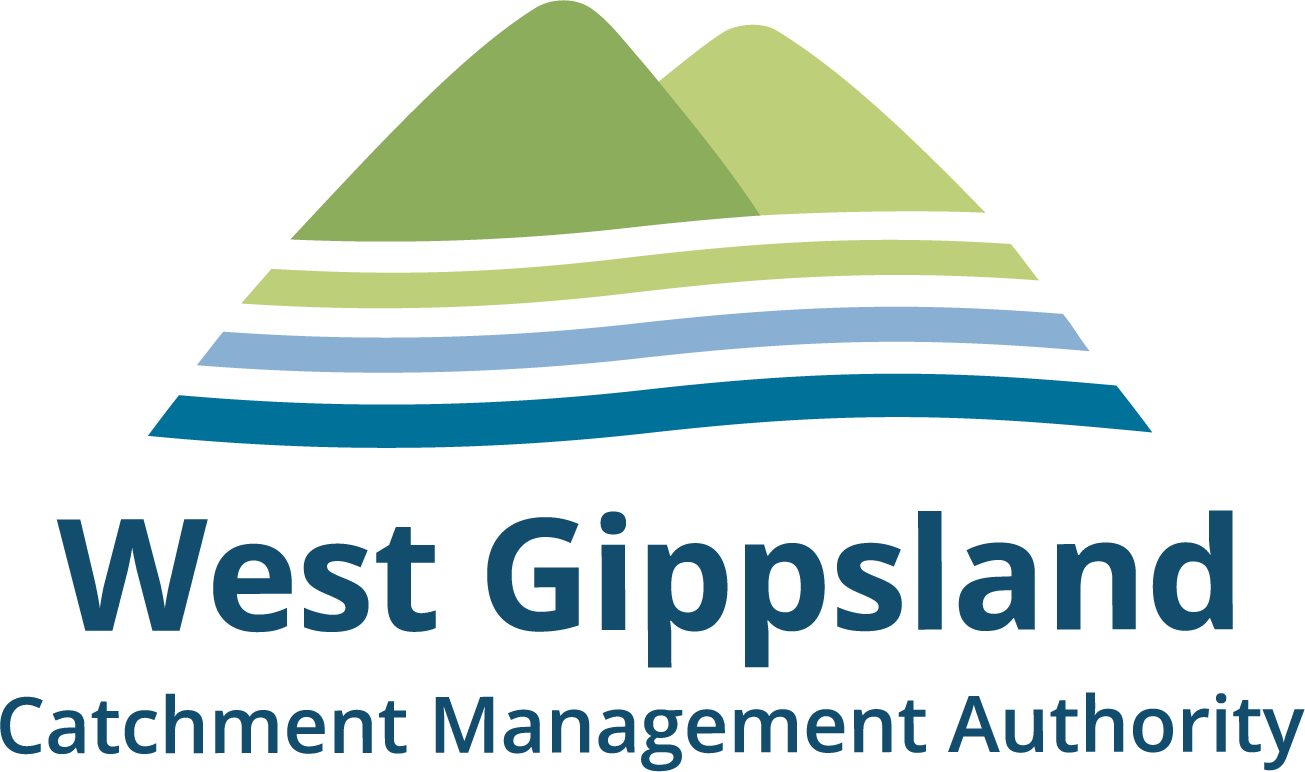Community representatives from across West Gippsland recently met to kick off the next three-year term of West Gippsland Catchment Management Authority’s (WGCMA) Community Engagement Network.
“The Community Engagement Network or CEN is where we let community members know what work we are doing and priorities we have and they, on behalf of the broader community, can provide valuable feedback on that work and other areas of community interest,” said CEO of the WGCMA, Mr Martin Fuller.
This first meeting of the new term of the network included ongoing and newly appointed community members and was held at the WGCMA’s Traralgon office. The group enjoyed an introduction to the organisation and the vital role working with Traditional Owner groups led by Mandy Leggett, Aboriginal Cultural Heritage Officer for WGCMA.
This was followed by a presentation about what environmental water is, its benefits and how it is managed in West Gippsland from Dr Stephanie Suter, Environmental Water Resource Officer for WGCMA. Dr Zeb Tonkin from Arthur Rylah Institute followed up to share results and insights from research being undertaken on the environmental water flows in local waterways.
There was also plenty of time for members to get to know each other and make connections.
Committee Chair and WGCMA Board member Liz Clay noted that: “Community is really important to the CMA – from planning to partnering to engaging. When CMAs were formed the idea was for local people to take part in managing local places.
Over the years there has been incredible input from this group along with advocacy back to the community. There is a lot of knowledge that is held between these walls.”
Co-Chair and WGCMA Board member Brian Stevens said: “Coming from working with the Aboriginal Community, we value our networks and a good yarn and then we can take it back into Community. There is value in creating space to talk to each other and to listen.”
Executive Manager – Catchment Planning and Delivery for WGCMA, Dan Garlick, sees the new CEN as an important part of the organisation’s work moving into the future. “We are looking forward to working together on priorities such as the Regional Catchment Strategy for example, which will drive how we manage natural resources in the area over the next several years.
This group allows more localised conversations and we will work with the group to make sure we get the best outcomes for the environment and the community.”
The next meeting will be held in June 2022.



